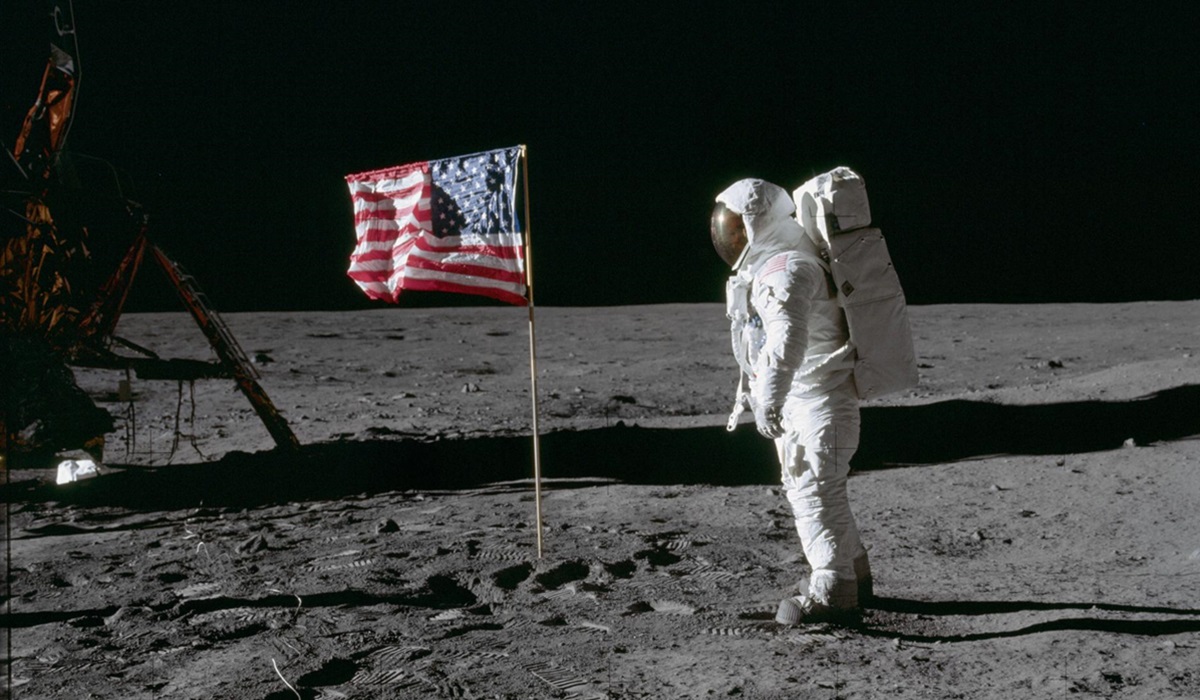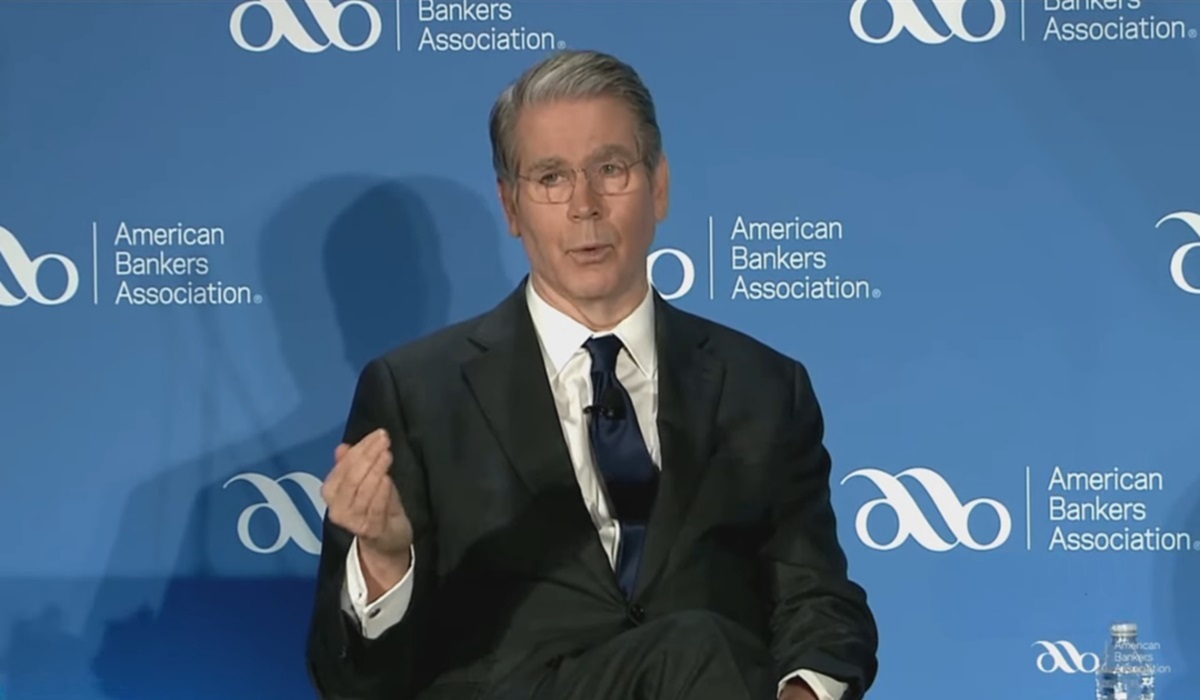The Eagle Has Landed”: Reflecting on 55 Years Since Apollo 11 and the Future of Space Exploration
- Xuemei Pal
- U.S.A
- July 20, 2024

Image Credit, NASA
On July 20, 1969, the world stood still as the famous words, “The Eagle has landed,” echoed across the globe. It marked the moment when Apollo 11’s lunar module, Eagle, touched down on the Moon’s surface, making history as humanity’s first successful manned Moon landing. This event, 55 years ago today, signified a monumental achievement in the space race and remains one of the most significant milestones in human exploration.
The Apollo 11 mission was a pivotal moment in the Cold War-era space race between the United States and the Soviet Union. In the years leading up to 1969, both superpowers were fervently competing to establish dominance in space. The Soviets had achieved several firsts, including launching the first artificial satellite, Sputnik, and sending the first human, Yuri Gagarin, into space. The pressure was immense for the United States to surpass these achievements.
Landing on the Moon was not just a scientific endeavor but a demonstration of technological prowess and national resolve. For Americans, the successful landing was a source of immense pride and a testament to the country’s ingenuity and determination. Neil Armstrong’s iconic first steps on the lunar surface and his declaration, “That’s one small step for man, one giant leap for mankind,” became symbols of human potential and ambition.
The significance of landing on the Moon extended beyond the immediate political and nationalistic triumphs. It represented a collective human achievement, showcasing what humanity could accomplish through cooperation, dedication, and innovation. The Apollo program not only advanced our understanding of the Moon but also led to numerous technological advancements that benefited various fields on Earth, from computing to materials science.
Despite the overwhelming evidence and the global broadcast of the Moon landing, skepticism and conspiracy theories have persisted over the years. Some individuals claim that the landing was staged, pointing to perceived inconsistencies in the photographic and video evidence. These theories, however, have been thoroughly debunked by experts and numerous sources of independent verification, including data and samples returned from the Moon.
Today, the spirit of exploration that propelled Apollo 11 is driving a new space race, with ambitions extending beyond the Moon to Mars. Private companies, most notably Elon Musk’s SpaceX, are at the forefront of these efforts. Musk’s vision of making humanity a multi-planetary species includes ambitious plans to send crewed missions to Mars in the coming decades.
In the nearer term, there is a renewed focus on returning to the Moon. NASA’s Artemis program aims to land “the first woman and the next man” on the lunar surface by 2024, with the goal of establishing a sustainable human presence on the Moon by the end of the decade. These missions are expected to serve as a proving ground for the technologies and strategies needed for eventual Mars exploration.
Meanwhile, China has emerged as a formidable player in space exploration. The country’s recent achievements, including the successful return of lunar samples by the Chang’e 5 mission, underscore its growing capabilities. China is also developing a permanent presence in space with its Tiangong space station, expected to be fully operational as the International Space Station nears the end of its service life.
The renewed interest in lunar exploration and the quest to reach Mars are driving unprecedented advancements in technology and innovation. The competition and collaboration among nations and private entities are poised to push the boundaries of what is possible, ushering in a new era of exploration and discovery.
As we commemorate the 55th anniversary of Apollo 11, we celebrate not only the achievements of the past but also the exciting prospects of the future. The legacy of “The Eagle has landed” continues to inspire generations, reminding us of our boundless curiosity and our unyielding drive to explore the unknown.








